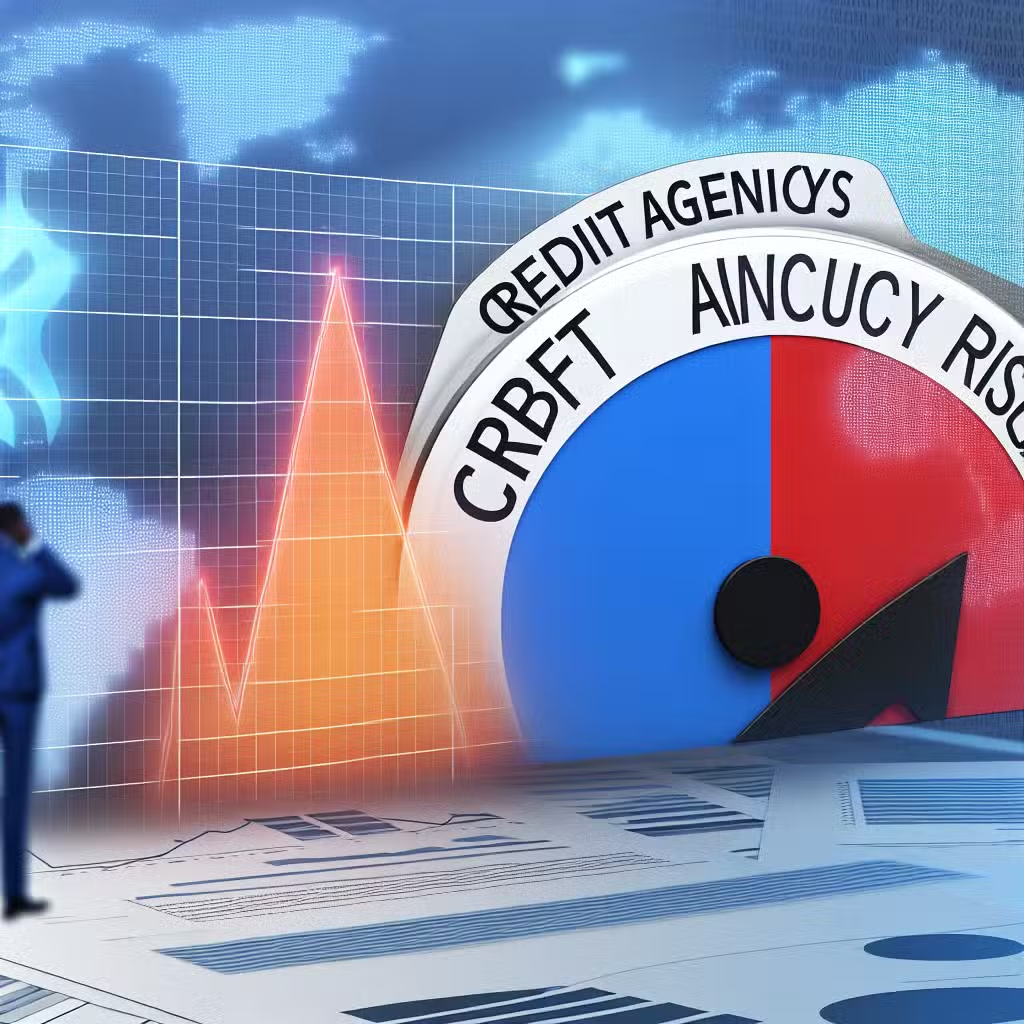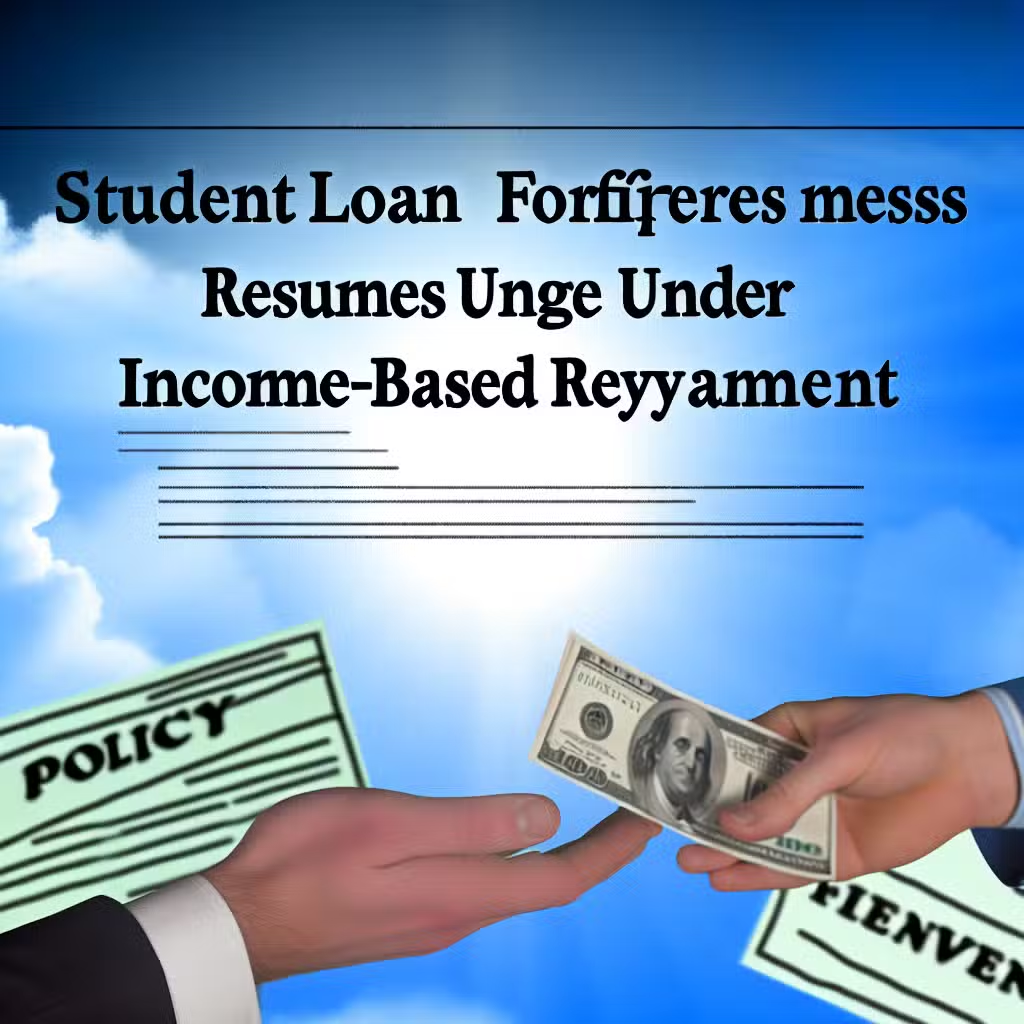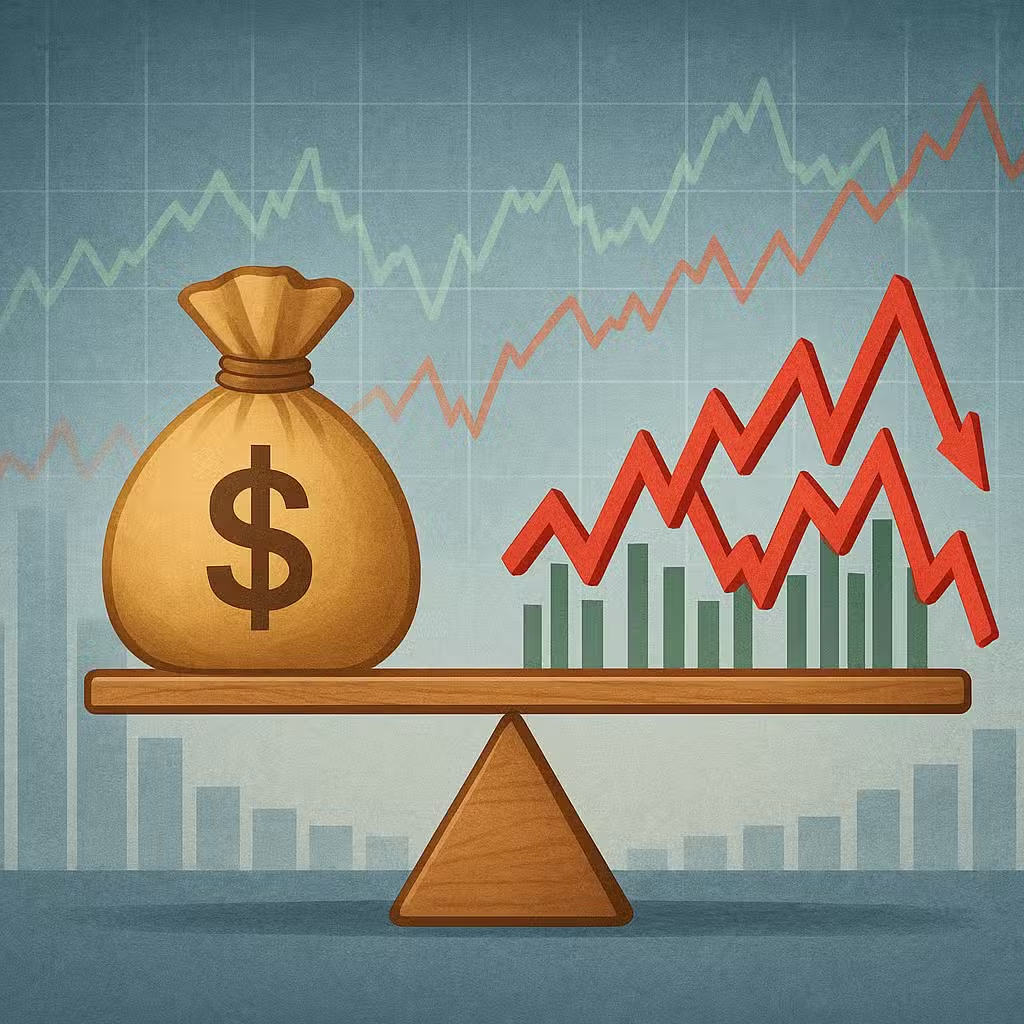How Recent Market Changes Could Impact Your Investment Returns and Financial Plans
Think of a government shutdown like a snow day that stops everything at school—except, in this case, it’s the government that closes its doors. When this happens, lots of important jobs and services are suddenly paused, and that can ripple out to affect everyone, especially investors.
What Is a Government Shutdown?
Every year, Congress has to agree on how to pay for everything the government does. If they can’t make a deal by the deadline, the government shuts down. That means many workers stay home, and only the most important jobs—like air traffic controllers and national security—keep running.
Social Security and Medicare checks keep coming, but other services stop. The last big shutdown was in 2018-2019 and lasted 35 days, the longest ever. The last full shutdown was in 2013 and lasted 16 days. According to the Congressional Budget Office, about 750,000 federal workers could be sent home each day if there’s a shutdown this year. Source
Why Investors Should Care
When the government shuts down, it’s not just politics—it can shake up the economy and the stock market. Investors need to know what’s at risk so they can protect their portfolios and spot opportunities.
Bull Case: Reasons Not to Worry
- The stock market is usually pretty resilient. During past shutdowns, the S&P 500 actually went up by an average of 4.4%. Morgan Stanley
- Most shutdowns are short, with minor long-term damage to the economy.
- Essential services keep running, so the country doesn’t totally stop.
- Investors often look past the drama and focus on companies’ long-term goals.
Bear Case: What Could Go Wrong
- People who work for the government might miss paychecks, which could hurt spending and local businesses—especially in places like Washington, D.C.
- Contractors who work with the government may not get paid at all, and they usually don’t get back pay.
- Important data releases—like job reports and inflation numbers—could be delayed. This makes it harder for the Federal Reserve to decide on interest rates, which can spook markets.
- If the shutdown drags on, it could hit investor confidence and make the U.S. seem less safe for global investors.
- Some services, like getting a mortgage that needs federal flood insurance, could stop until the government reopens.
- Travel could get messy if airport workers don’t show up because they aren’t being paid.
What’s at Stake for Households?
When hundreds of thousands of workers are furloughed, it doesn’t just hurt them—it can slow down parts of the economy. Services like food assistance, housing help, and even processing of Social Security or veteran benefits could be delayed. Student loan bills will still be due, but help with applications or forgiveness could be even harder to get.
In 2018-2019, the shutdown meant lost income of about $70 billion, or 0.3% of the nation’s total economic output for the year. CRFB
How Long Could This Shutdown Last?
Most shutdowns don’t last long, but this one could drag on because both political parties are refusing to compromise. One big fight is over healthcare subsidies. If these aren’t renewed, about 22 million Americans could see their health insurance costs jump by over 100% next year. KFF
Some experts worry this shutdown could be longer than usual, and there’s even talk about permanent layoffs instead of temporary furloughs, which would make things worse for the job market.
Investor Takeaway
- Stay calm: Most shutdowns are short and have little long-term impact on the stock market.
- Watch for bargains: If stocks dip because of shutdown news, it could be a good time to buy, especially in sectors that have bounced back before.
- Keep an eye on data: Delays in economic reports may cause market swings. Be careful with short-term trades until things settle.
- Check your exposure: If you own stocks in companies that rely on government contracts, be aware of the risks if the shutdown lasts.
- Review your emergency fund: If you or someone in your household works for the government or is a contractor, make sure you have savings set aside just in case.
Remember, the shutdown is like a storm: it can cause some mess, but most of the time, things get cleaned up and life goes on. Investors who keep their cool often come out ahead.
For the full original report, see CNBC







